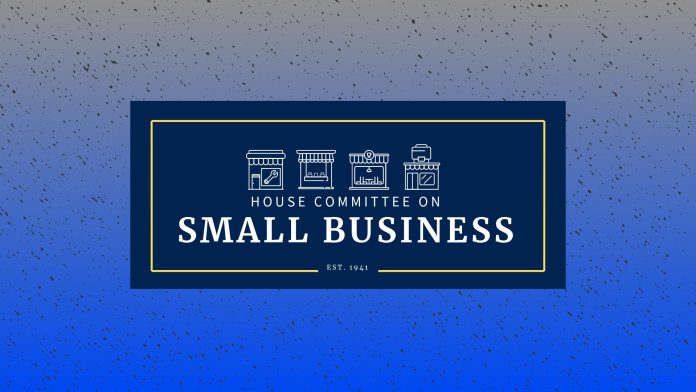In a significant move aimed at leveling the playing field for small businesses, a recent hearing led by Chairman Roger Williams (R-TX) titled “The Golden Age: Unleashing Main Street Through Deregulation” put a spotlight on the challenges faced by small businesses due to excessive regulations. The discussions, which encompassed testimonies from key stakeholders, suggest a renewed push for deregulation as a pathway to economic revitalization for small companies.
Chairman Williams opened the hearing with emphatic remarks about the necessity of deregulation. He stated, “For the past four years, excessive regulations have been a barrier to success, preventing small businesses from growing and investing in their communities. This gross mismanagement and misuse of federal power ends now.” His focus was clear: small businesses should have the autonomy to make choices that best suit their operations without excessive governmental interference.
The stakes are high for small business owners, who often operate on thin margins and have little room to absorb the costs associated with compliance. Testimonies at the hearing highlighted numerous regulatory burdens that can stifle innovation and growth within this sector. For instance, Rep. Finstad emphasized that “the true cost of regulations is actually behind the scenes,” pointing to the time and resources spent on complying with bureaucratic demands. This resonates deeply with small business owners facing the reality of paperwork that can feel endless.
One of the significant proposals discussed during the hearing was the PROVE It Act. It aims to ensure that federal agencies consider the economic impact of their regulations on small businesses and provide them with a voice in the regulatory process. Rep. Finstad remarked, “If agencies fail to comply with the law, small businesses would be exempt from that regulation.” This potential legislative shift opens the door for small business owners to advocate for their interests and potentially shield themselves from onerous compliance costs.
However, the hearing wasn’t without its contentious points. Some representatives questioned the administration’s priorities, particularly regarding the fossil fuel industry and the job losses experienced by small businesses in agriculture due to rising costs associated with regulatory compliance. Rep. Alford pointed out the stark contrast in governmental reactions to job losses, indicating a perception that some industries are unfairly targeted. “Why do you think that there’s so much outrage over less than one percent of the federal workforce being laid off and no one gave a hoot about fifty-nine thousand workers?” he asked, urging for a broader understanding of the ramifications of regulatory policies.
The sentiment shared during the hearing reflects a growing consensus among small business advocates that deregulation could serve as a catalyst for growth and job creation. By reducing bureaucratic barriers, small businesses can free up resources to invest in their communities, innovate, and hire more workers.
However, small business owners should also remain vigilant. While deregulation promises relief, challenges remain in ensuring that the proposed changes do not result in an entirely deregulated environment that could favor larger corporations over smaller enterprises. The fear is that a lack of adequate oversight may allow larger entities to dominate markets, squeezing small businesses even further.
Moreover, there are practical considerations to bear in mind. Implementing regulatory changes takes time and political will, and not all proposed measures may immediately translate into alleviation of burdens for small businesses. Business owners should keep track of developments and regulatory revisions while preparing for potential impacts on their operations.
The hearing, available for viewing here, underscores a pivotal moment for small businesses seeking to navigate the turbulent waters of regulation. As the legislative landscape evolves, staying informed and engaged is crucial for small business owners who wish to leverage any upcoming changes to their advantage.
No longer just passive recipients of policy decisions, small businesses are increasingly poised to advocate for their own interests, pushing back against regulations that impede their growth. The enthusiasm expressed by Chairman Williams regarding a potential "Golden Age" for Main Street resembles a rallying cry for the ongoing efforts to ensure that small businesses can thrive and contribute robustly to the economy. Business owners should remain proactive, harnessing opportunities for advocacy and support as this conversation continues to unfold.
Image Via BizSugar



